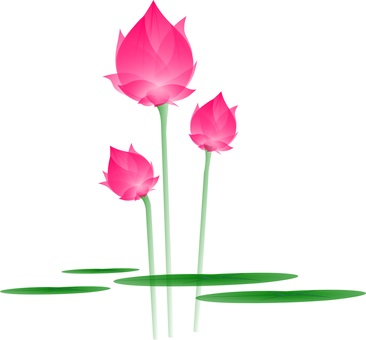In the sutras, suffering of suffering is defined as having a feeling of suffering when it occurs; as soon as it disappears, a feeling of happiness arises. For instance, when we are sick, we feel pain; when we recover, we feel happy. Hence, physical pain from illness is suffering of suffering.
Why is the word “suffering” repeated? This alludes to the great intensity of the suffering. That aspect of suffering which all living beings, whether human or animal, perceive alike and reject, and which is clearly recognized as a painful feeling, is said to be suffering of suffering. This suffering is found primarily in the lower three realms; it is also evident in the human and god realms, for example, in the eight basic types of suffering of human beings such as birth, aging, sickness, and death.
In The Words of My Perfect Teacher, suffering of suffering is clearly expounded. This aspect of suffering in each of the six realms is explained in great detail and is therefore not repeated here.
~Depicted from THE FOUR SEALS OF DHARMA - All Contaminated Things are Unsatisfactory











